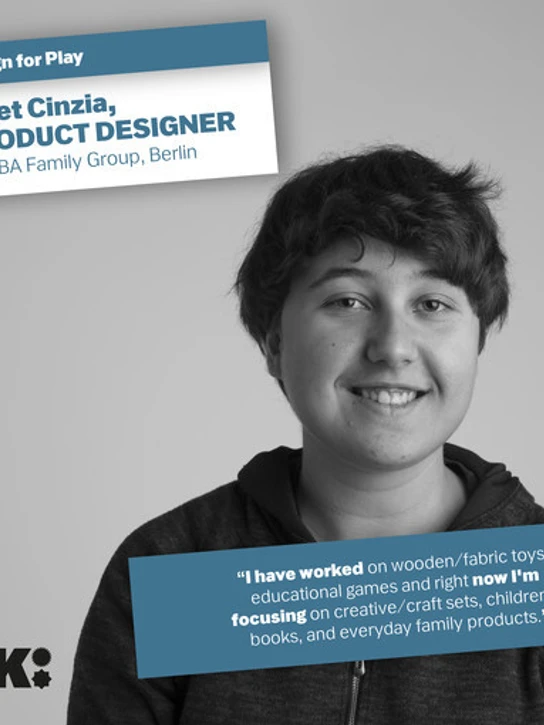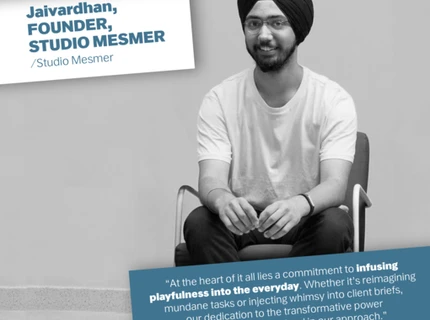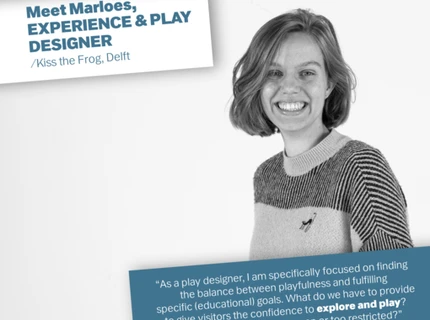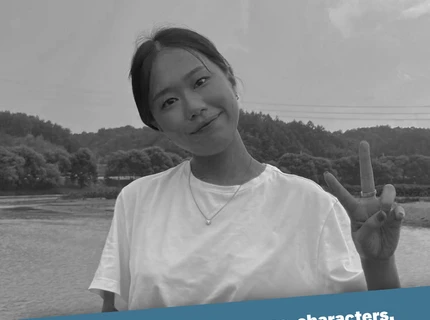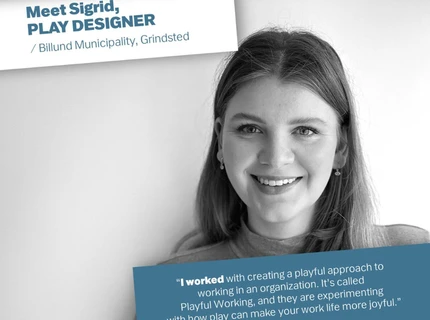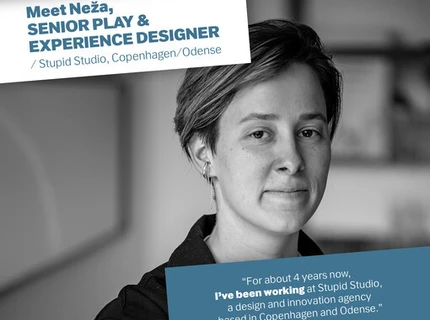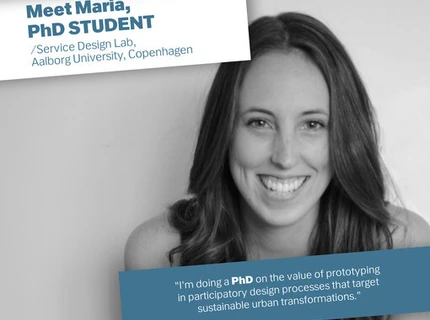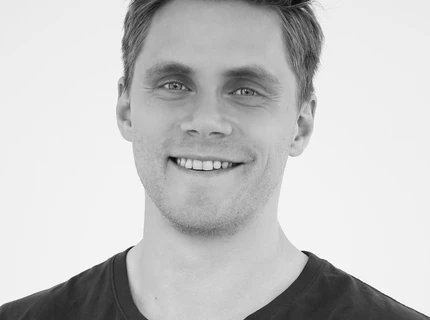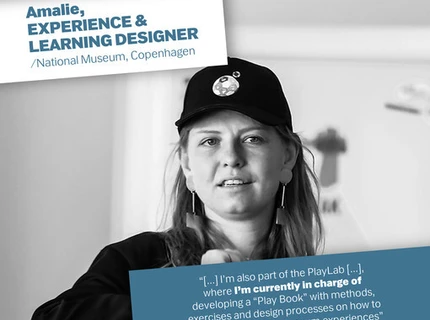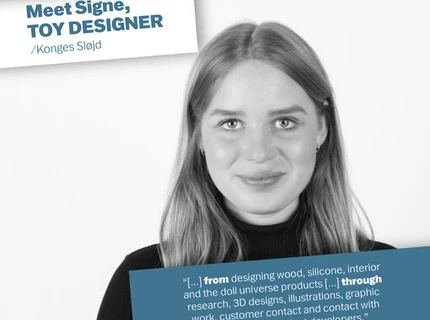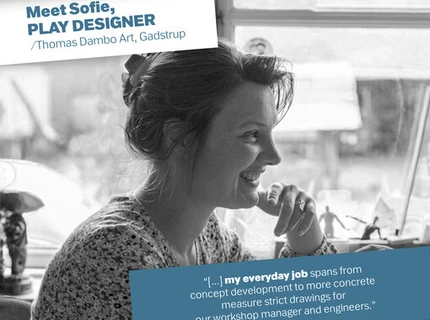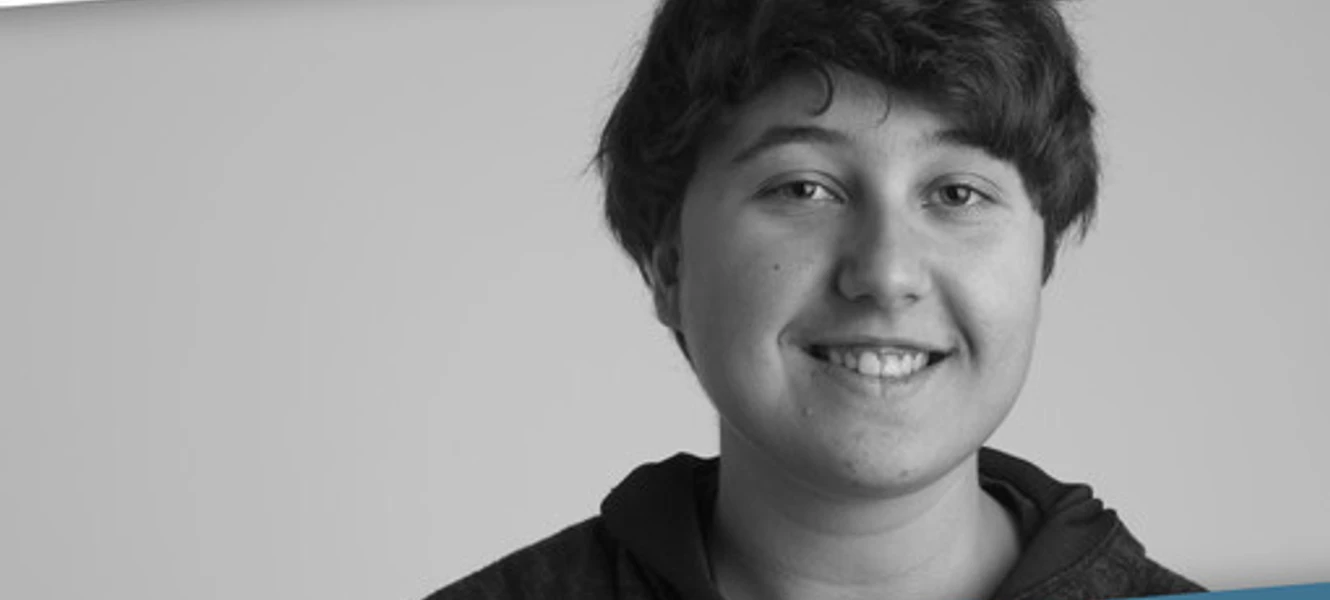
Meet Design for Play alumnus Cinzia Damonte
Cinzia Damonte
Tell us a bit about yourself!
I'm originally from Arenzano, a seaside town in North Italy. I’ve been living in Germany for the past 3 years. My background is multidisciplinary, including both Industrial Design and Communication/Graphic Design. Before joining the Design for Play Master’s degree programme at Design School Kolding, I studied in Bolzano and the design faculty there has no specific focus. It aims to prepare designers in an interdisciplinary way and let them discover what they prefer through a variety of projects and courses. For me that was Product Design, Illustration, and Play.
Where do you work at the moment? What is your role and what are your tasks?
I work at the HABA Family Group. The company is based in Bad Rodach, a small town in Bavaria. I would describe myself as a product designer. The company covers a very big variety of family and kindergarten products, with several departments and design teams. I have worked on wooden/fabric toys, educational games and right now I'm focusing on creative/craft sets, children’s books, and everyday family products. Some of my tasks are concept development, prototyping, digital illustration and preparing technical files for production.
What is the value of a Play designer?
I think there’s a lot of potential in using play during meetings and during the design process, so I’ve been trying to push for it, but it's still work in progress. I see two main challenges:
The first one is convincing people to use playful methods, because many don't understand the benefits.
The second is that one very important skill is facilitation. No matter how much you know about play theory and how many ideas you have, if you don't have the social skills, it's going to be difficult. I'm not great at facilitating, it’s something stressful for me and I often wish I wasn't the only play designer there. But who knows, maybe that will change in the future :)
What has been the role of the Design for Play master’s programme in getting you where you are today?
Play is so important in children’s products, so I’d say there is a direct connection. The Master’s programme also helped me figure out what I like the most – toys, games, and educational products. During the studies I also joined a two-week workshop in Germany about toy design, inclusion, and diversity. It was something extra that I applied for because of a personal interest, and studying at the Master’s helped me to get accepted. During that workshop I met a toy designer from HABA and first learned about the company.
Can you tell us about an important memory from Design School Kolding?
An important memory from the Master’s was participating in the Milan Design Week. We organized a workshop about free play where people could mix colours and different types of liquids and textures. While there, I had a visit from my grandmother and convinced her to participate. It was great to see someone with a very traditional upbringing simply have fun and be creative. Everyone should feel free to play and express themselves, regardless of their age.
Do you have any advice to give to someone undertaking this educational path?
Don't wait until the end of the Master to figure out what to do next. Join events and workshops, research and learn on your own, do side projects, get to know like-minded people. Play is such an interesting subject, and it can be interpreted and used in many ways. It will be easier to find your own path if you are active and keep putting yourself out there. Don't be shy! And above all, enjoy yourself and play as much as you can.
